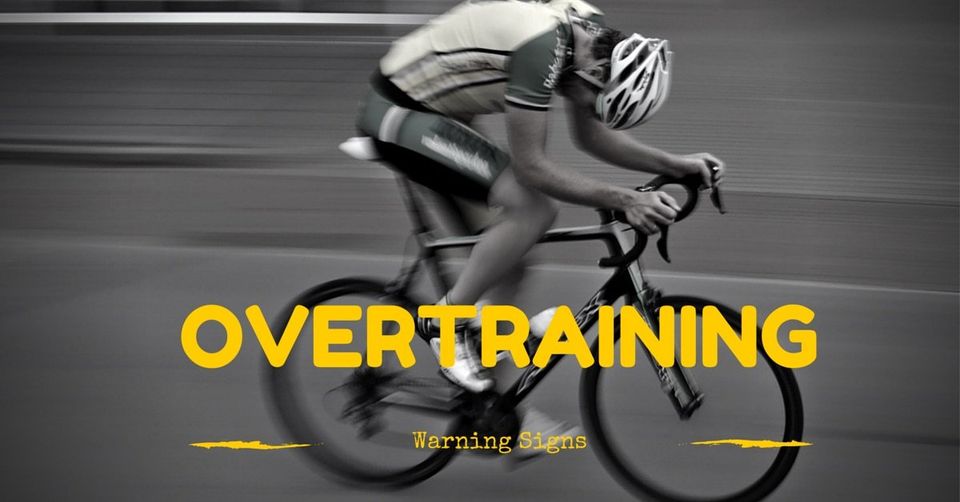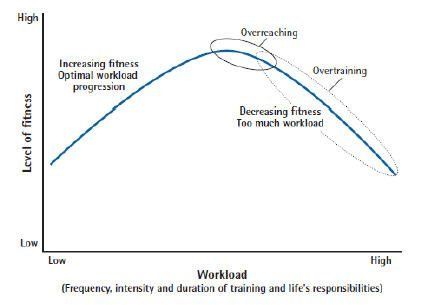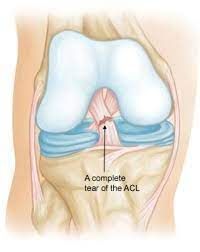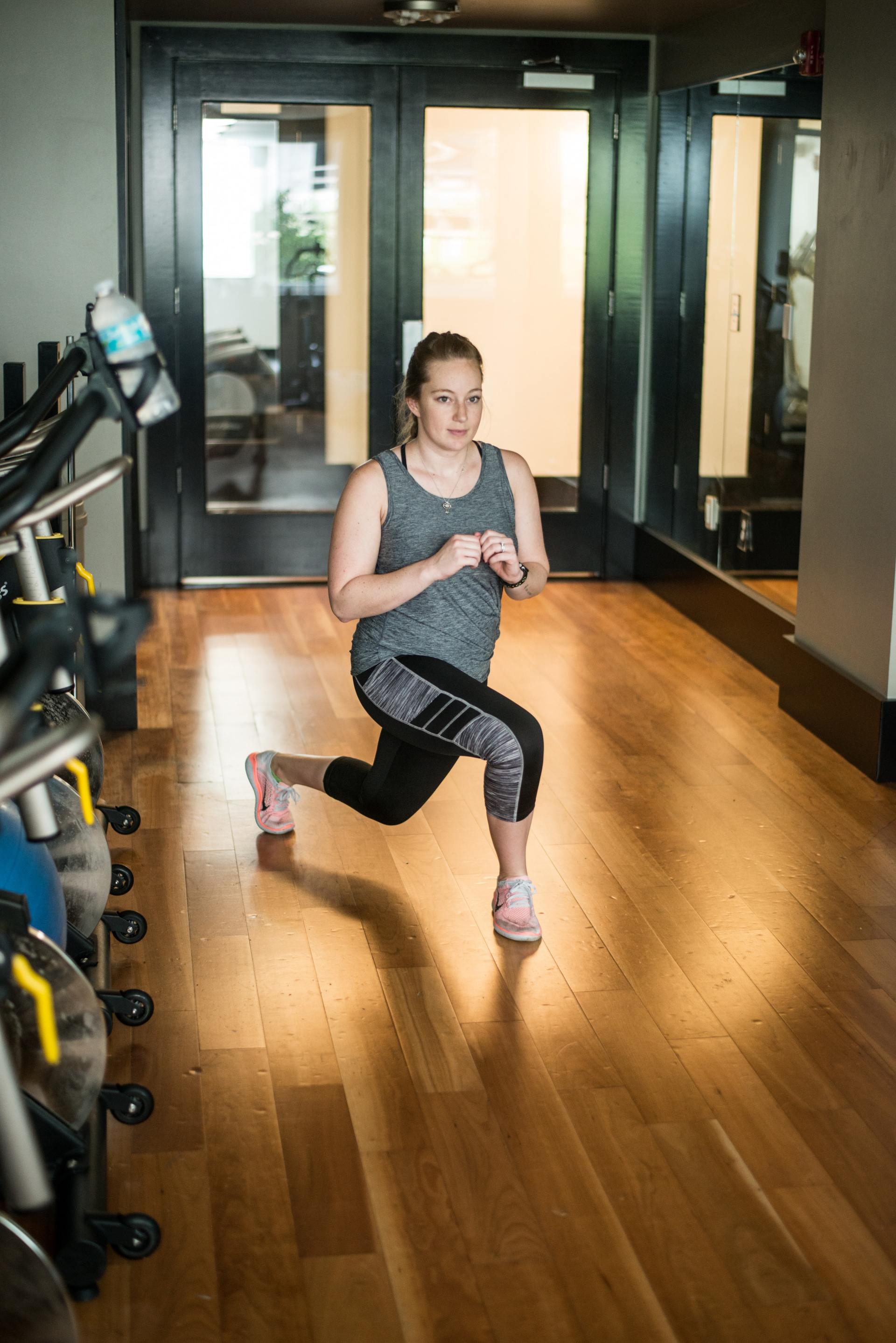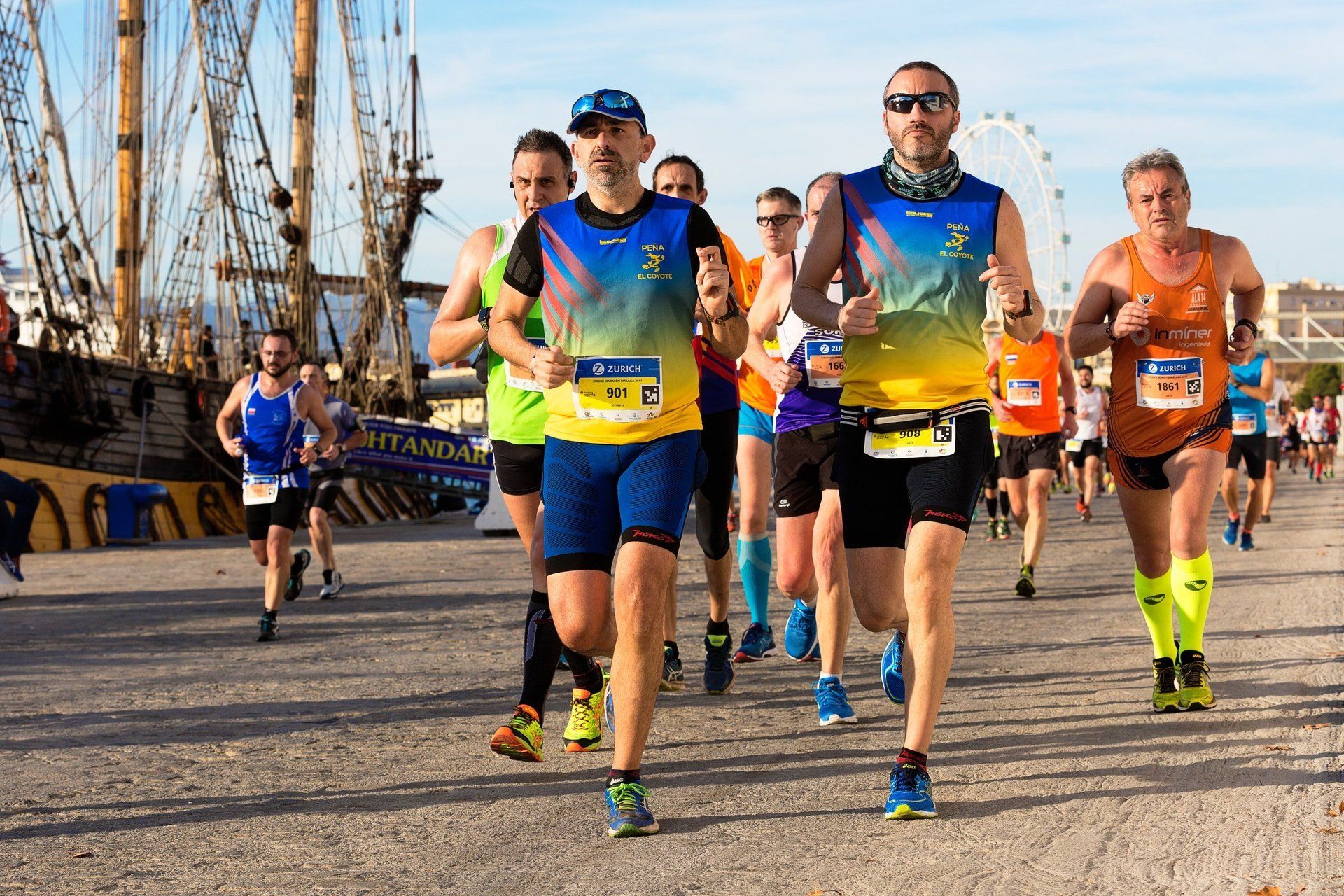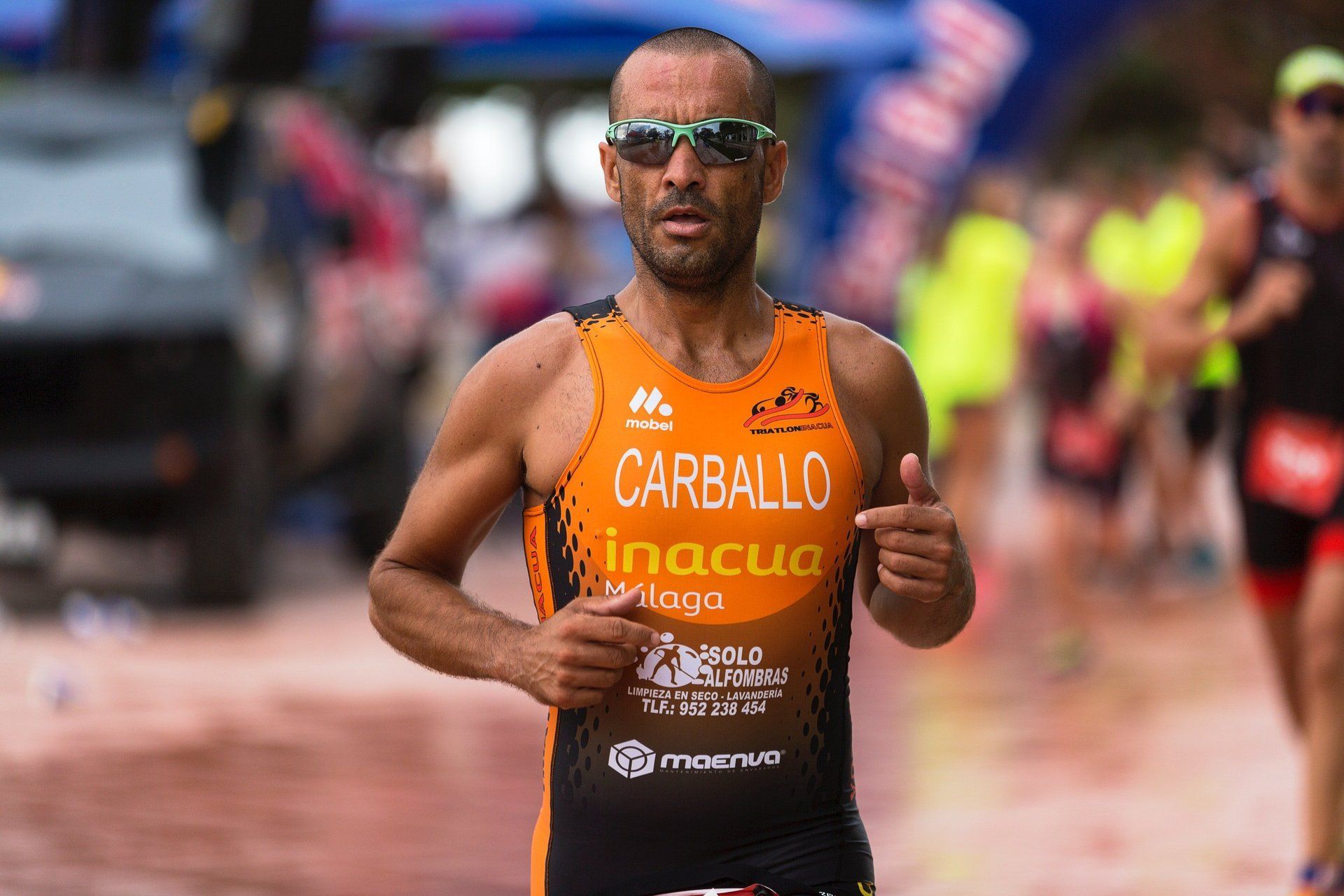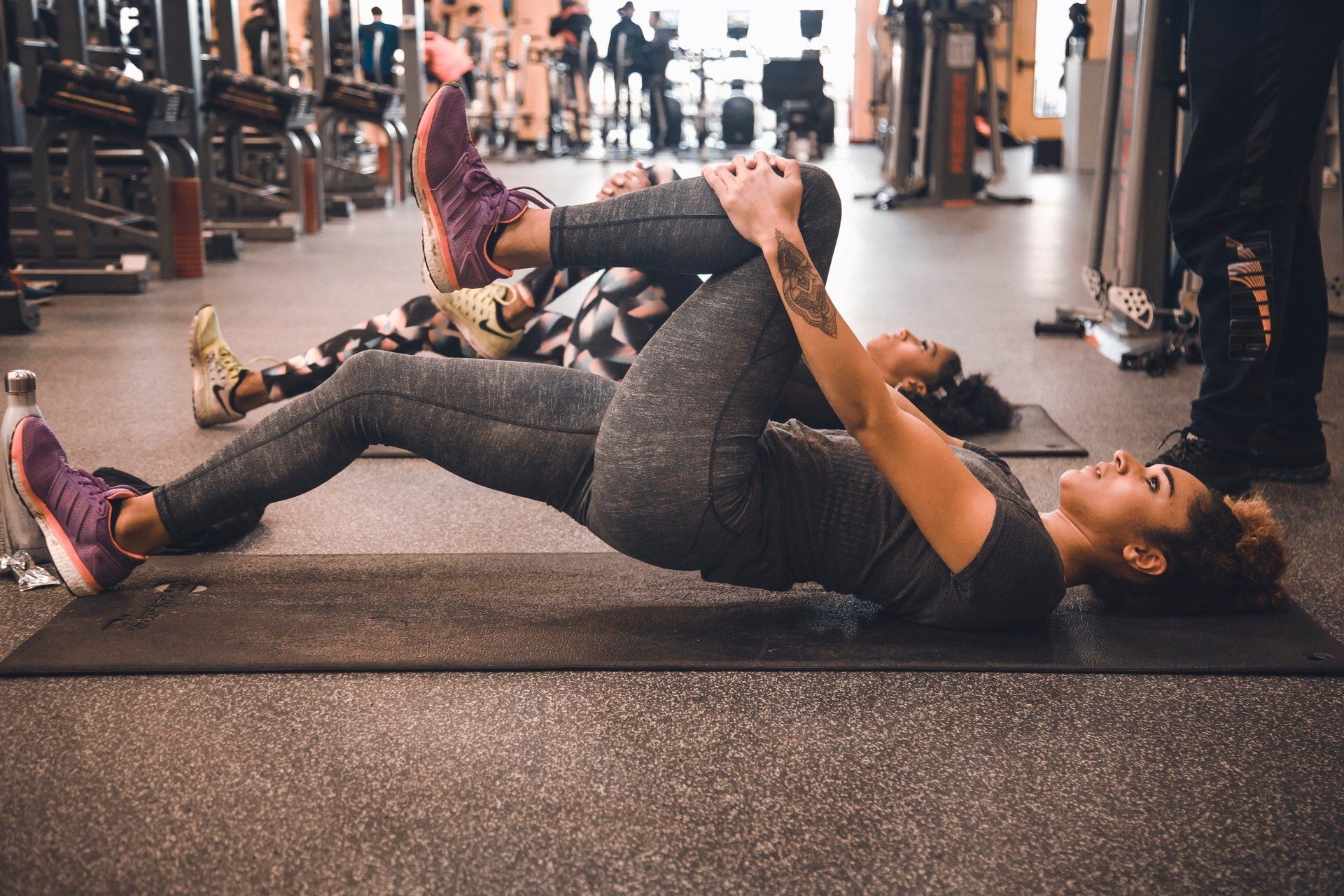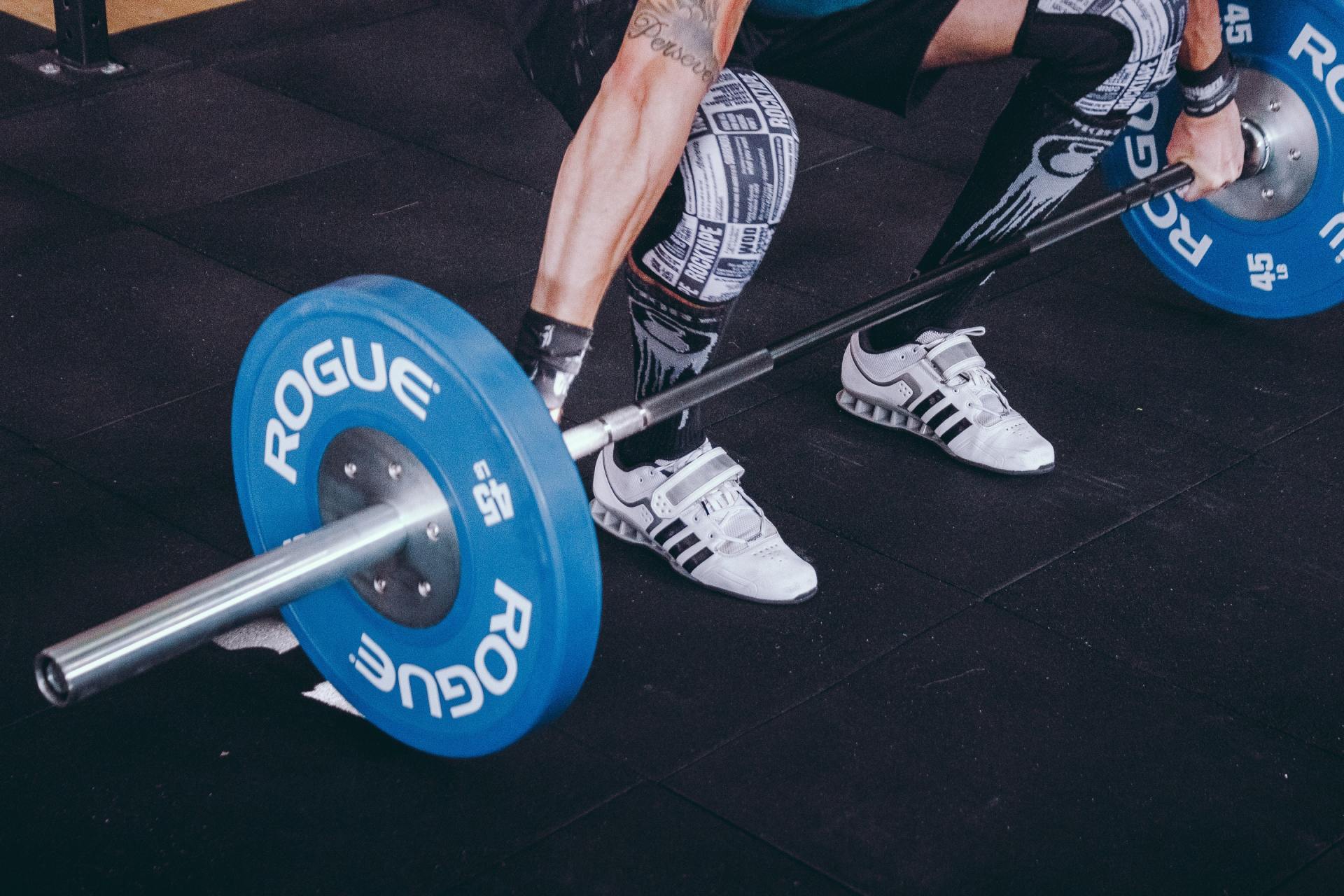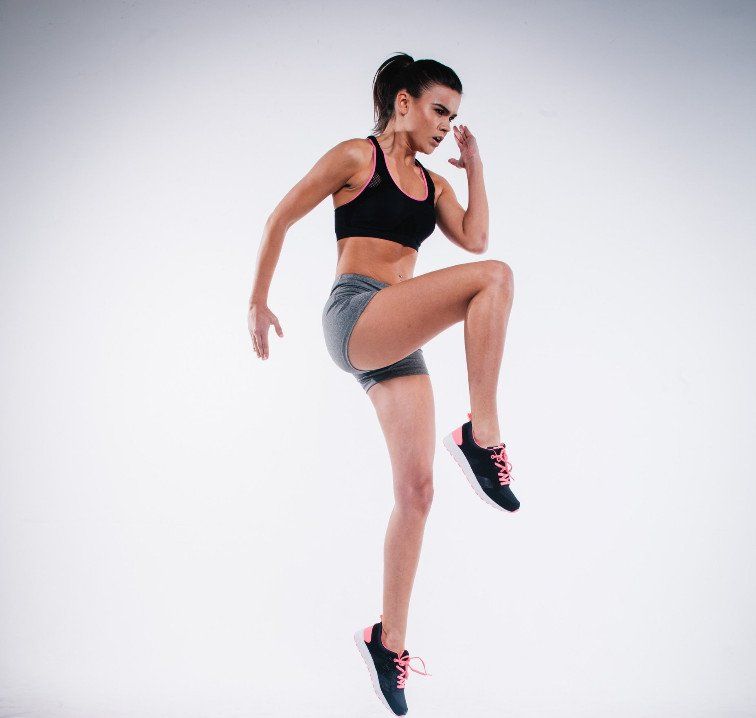
Apache Brave Sports Therapy
Mobile Sports Massage
Personal Training
Coventry | Warwickshire
The Dangers of Over-training
How to Maximize Performance without Overtraining
You’ve seen it before, and you’ll see it again. You have been intensely training for months, but you start to mention that you haven’t slept well for weeks, and the stress is starting to get in the way of your performance. You may suspect you’ve overtrained, which is quite common among competitive athletes. While overtraining can occur in a variety of different ways, it typically results from a combination of hormonal, neuroendocrine, and nutritional imbalances, secondary to heavy training (Kreher, 2012).
- Identify the signs and symptoms of overtraining.
- Determine ways to help recover from overtraining.
- Understand the importance of training breaks in the prevention of overtraining.
The Signs and Symptoms of Over-training
Although it can produce positive outcomes, intense training completed too frequently without sufficient rest, can compromise an athlete’s muscular, endocrine, and immune systems, as well as psychological state. Signs and symptoms of over-training can be (Kreher, 2012):
- Under-performance
- Extreme muscle soreness or stiffness during and in-between training sessions
- Unintentional weight loss
- Chronic fatigue
- Swollen lymph nodes
- Depression and/or anxiety
- Sleep disturbances
Avoiding Over-training
Once you detect these signs and symptoms, you can work with your coach and sports therapist to avoid overtraining. By monitoring performance, mood and physical changes, you’ll be able to quickly identify you are at-risk, and swiftly implement practical interventions:
- Schedule training days
complemented by rest and/or “off” days.
To maximize performance and gain a competitive advantage, athletes need a schedule that incorporates both training and rest days. In a recent study, researchers found that athletes who incorporated light, leisure activity into their weekly training regimens reported less exhaustion and fewer injuries. These findings support the practical recommendation that athletes should consider tapering, periodization, and rest to help avoid overuse and overtraining (Vetter, 2010). - Promote a
well-balanced, whole foods diet eaten at the right time.
During intense training, a well-balanced diet rich in whole foods should be encouraged, emphasizing the importance of nutrient timing. Research suggests that the scheduled timing of dietary consumption can be just as important as its composition, (Zoorab, 2013) and should complement heavy training to enhance performance (Zaryski, 2005). Ensure you are adequately fueling your body before, during and after exercise. - Encourage adequate
sleep.
During intense training regimens, competitive athletes require adequate sleep to provide rest to the body and support mental calmness as well. To improve your sleeping habits, have a variety of approaches—including scheduling in sleep, keeping your bedrooms free of electronics an hour before bed, and incorporating relaxing strategies such as deep breathing and meditation before bed.
When You Meet an Over-trained Athlete
If over-training is suspected, a variety of therapies can help promote healing while minimizing additional stress. To assist in the recovery from overtraining, a holistic approach that includes dietary modifications, support for the mental aspects of training, sports massage and additional rest.
- Dietary Modifications
Focusing on nutrient dense foods is vital to recovery from heavy training. Some research supports that many of the effects and symptoms of overtraining is caused by inflammation and cytokine release, which has been associated with fatigue, mood changes and adverse adrenal changes (Kreher, 2012). Consuming a clean, well-balanced diet rich in anti-inflammatory Omega-3s, and antioxidants like avocados can help support recovery. Add more fruits, vegetables, whole grains, nuts and seeds to help manage inflammation. - Support for the mental
aspects of training
Complementary techniques that address the mental aspects of training, like counseling, should also be considered. Athletes who overtraing can experience a decrease in mood, especially over a loss at a recent event, or anxiety over an upcoming competition. - Giving you muscles some much need attention with treatments such as Sports massage can greatly help in the recovery of overtrained muscles, the different techniques used will help to relieve tension while also draining toxins and nourishing muscle fibres.
Your coach and sports therapist can aid you in all these aspects.
Five weeks of rest, which should include “off” and light training days,
supports sustainable recovery (Vetter, 2010). Although athletes will recover at
their own rate depending on the severity at which they’ve over trained, steady
and stable recovery should not be rushed.
At some point in your career, you will be doing everything you can to gain an advantage over competition—at any cost. What you may not realize is that passion can both fuel your motivation and, unknowingly, increase your chances of over-training.
The right direction is by using a coach to schedule your training plan that includes rest days, sports massage treatment , promoting a well-balanced diet and encouraging adequate sleep.
Leave your comments in the box below.
Richard Watson
Sports Therapist

Sports Massage
Personal Training
Posture Analysis
Corrective Exercises
Neck & Shoulder Pain | Lower Back
Knee and Leg Pain | Sciatica
Muscle stiffness | Groin and Hip Pain
Post Training Tightness | Non-Sports Injuries. and more...
Mobile Personal Fitness & Local Sports Massage Treatments near you:
Coventry, Kenilworth,
Leamington Spa, Warwick,
Balsall Common, Meridan,
Binley Woods, Tile Hill, Eastern Green,
Warwickshire and more
